We think of physical reality as what objectively exists, independent of any observer. But relativity and quantum physics say otherwise.
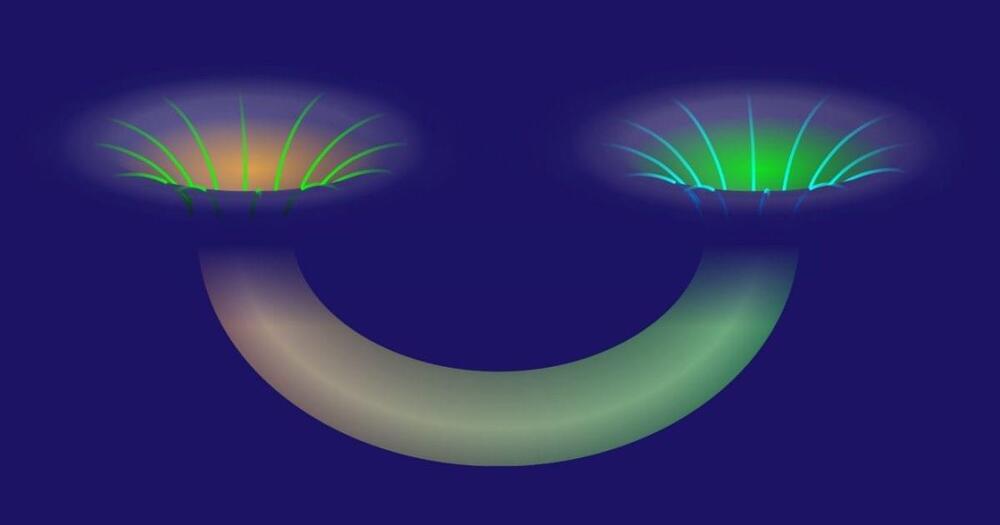

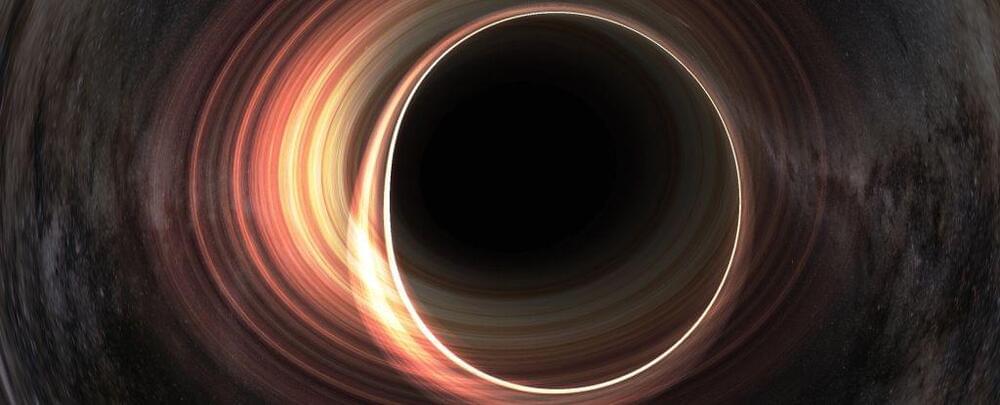
A new kind of black hole analog could tell us a thing or two about an elusive radiation theoretically emitted by the real thing.
Using a chain of atoms in single-file to simulate the event horizon of a black hole, a team of physicists has observed the equivalent of what we call Hawking radiation – particles born from disturbances in the quantum fluctuations caused by the black hole’s break in spacetime.
This, they say, could help resolve the tension between two currently irreconcilable frameworks for describing the Universe: the general theory of relativity, which describes the behavior of gravity as a continuous field known as spacetime; and quantum mechanics, which describes the behavior of discrete particles using the mathematics of probability.
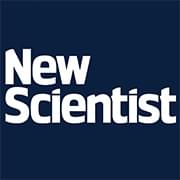
Circa 2011 face_with_colon_three
By Amanda Gefter.
Frank Close tells the human story of how we solved The Infinity Puzzle – once the bane of physics
INFINITY. In mathematics, it’s a curiosity. In physics, it’s a disease. It reared its head back in the 1940s, with quantum electrodynamics (QED), the theory of electromagnetism.
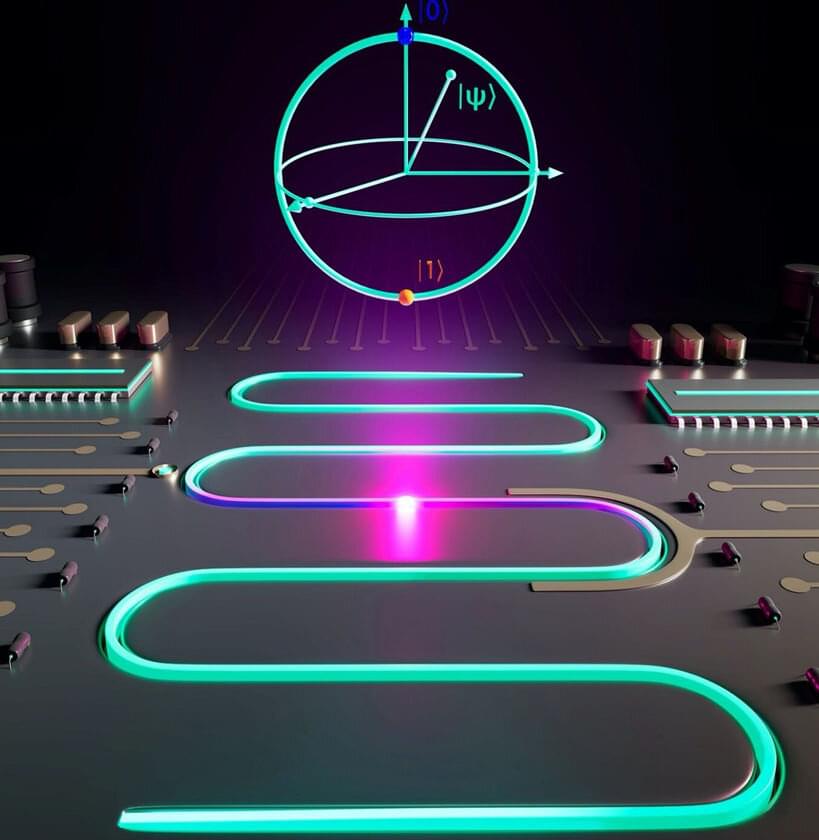
A group of scientists from Aalto University, IQM Quantum Computers, and VTT Technical Research Center have discovered a new superconducting qubit, the unimon, to increase the accuracy of quantum computations. The team has achieved the first quantum logic gates with unimons at 99.9% fidelity—a major milestone on the quest to build commercially useful quantum computers. This research was just published in the journal Nature Communications.
Of all the different approaches to build useful quantum computers, superconducting qubits are in the lead. However, the qubit designs and techniques currently used do not yet provide high enough performance for practical applications. In this noisy intermediate-scale quantum (NISQ) era, the complexity of the implementable quantum computations is mostly limited by errors in single-and two-qubit quantum gates. The quantum computations need to become more accurate to be useful.
“Our aim is to build quantum computers which deliver an advantage in solving real-world problems. Our announcement today is an important milestone for IQM, and a significant achievement to build better superconducting quantum computers,” said Professor Mikko Möttönen, joint Professor of Quantum Technology at Aalto University and VTT, and also a Co-Founder and Chief Scientist at IQM Quantum Computers, who was leading the research.

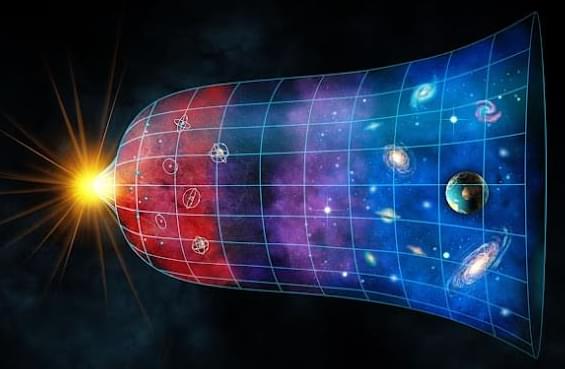
In the beginning, there was … well, maybe there was no beginning. Perhaps our universe has always existed — and a new theory of quantum gravity reveals how that could work.
“Reality has so many things that most people would associate with sci-fi or even fantasy,” said Bruno Bento, a physicist who studies the nature of time at the University of Liverpool in the U.K.
In his work, he employed a new theory of quantum gravity, called causal set theory, in which space and time are broken down into discrete chunks of space-time. At some level, there’s a fundamental unit of space-time, according to this theory.
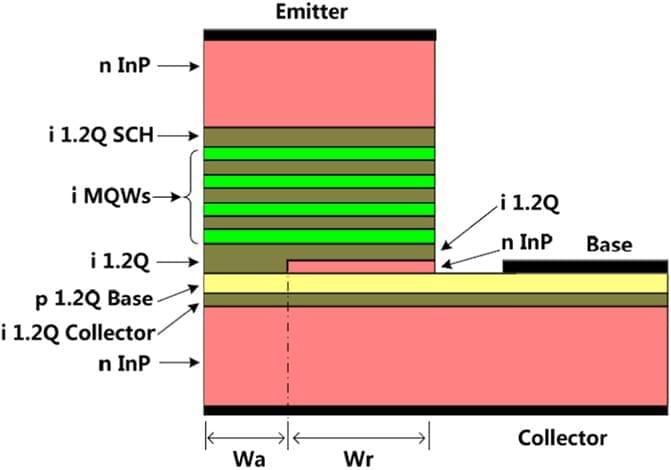
Circa 2016 face_with_colon_three
A transistor laser (TL)1,2,3, having the structure of a transistor with multi-quantum wells (MQWs) near its base region, bridges the functionality gap between lasers and transistors. From a TL, an electrical signal can be outputted simultaneously with a light signal by inputting one electrical signal, making it suitable for future high performance optoelectronic integrated device applications4. As a new kind of semiconductor laser or transistor, TLs have aroused many interests since its invention. For example, in 2006, the paper2 reporting the first room temperature operation of TLs was voted as one of the five most important papers published by Applied Physics Letters in over 40 years5. Because of the transistor structure, many interesting characters have been demonstrated, including resonance free frequency response, large direct modulation band width6, voltage controlled mode of operation7, low relative intensity noise (RIN) close to the shot-noise limit8 and low 3rd order intermodulation distortion (IMD)9.
However, light emission for all the TLs reported up to now is produced at the expense of current gain. Taking npn TLs as an example, in the devices, electrons injected from the emitter into the base layer first recombine with holes radiatively before the left being collected by the collector4. The majority of the electrons are consumed by stimulated light emissions, leading to a current gain which is a lot lower than the gain of a traditional transistor. The common emitter (CE) mode current gain (collector current/base current) is lower than 5 for most, if not all, of the TLs studied, either experimentally1,2,3,6,7,8,9,10 or numerically11,12,13. The low current gain may limit the performance of systems that use TLs. For example, it is much easier to integrate monolithically a heterojunction bipolar transistor (HBT) and a TL than to integrate an HBT with a laser diode (LD) because of the dual functionality of TLs. For such applications, a large current gain of TL (used as HBT) is desired for the amplification of electrical signal to drive the laser.
In this work, we propose a novel TL structure which has an n-doped InP layer inserted in the emitter ridge, forming a flow aperture in the center of the emitter ridge for only holes. Here after, the TLs having the hole current aperture is designated as a-TLs. The properties of the a-TLs are systematically studied numerically. It is shown that while the light emission power of a-TLs is comparable with that of TLs without the aperture at the same base current, the CE current gain of a-TLs can be over 15 times larger.

Quantum mechanics, the theory which rules the microworld of atoms and particles, certainly has the X factor.
Unlike many other areas of physics, it is bizarre and counter-intuitive, which makes it dazzling and intriguing.
When the 2022 Nobel prize in physics was awarded to Alain Aspect, John Clauser, and Anton Zeilinger for research shedding light on quantum mechanics, it sparked excitement and discussion.
Could energy efficiency be quantum computers’ greatest strength yet?
Bartlomiej Wroblewski/iStock.
However, the question of its energy consumption could also now warrant research, with current supercomputers sometimes consuming as much electricity as a small town (which could in fact limit the increase in their computing power). Information technologies, at their end, accounted for 11% of global electricity consumption in 2020.